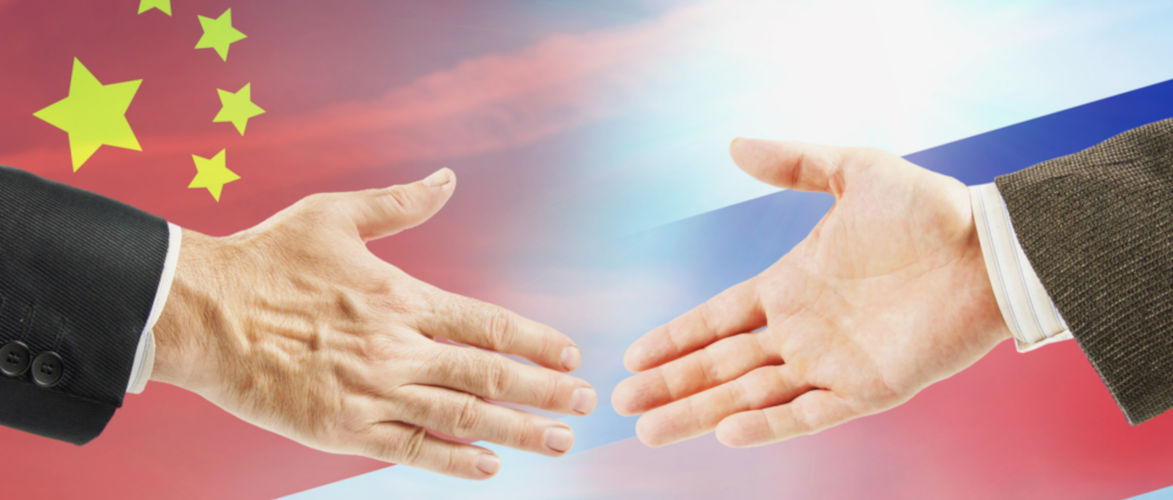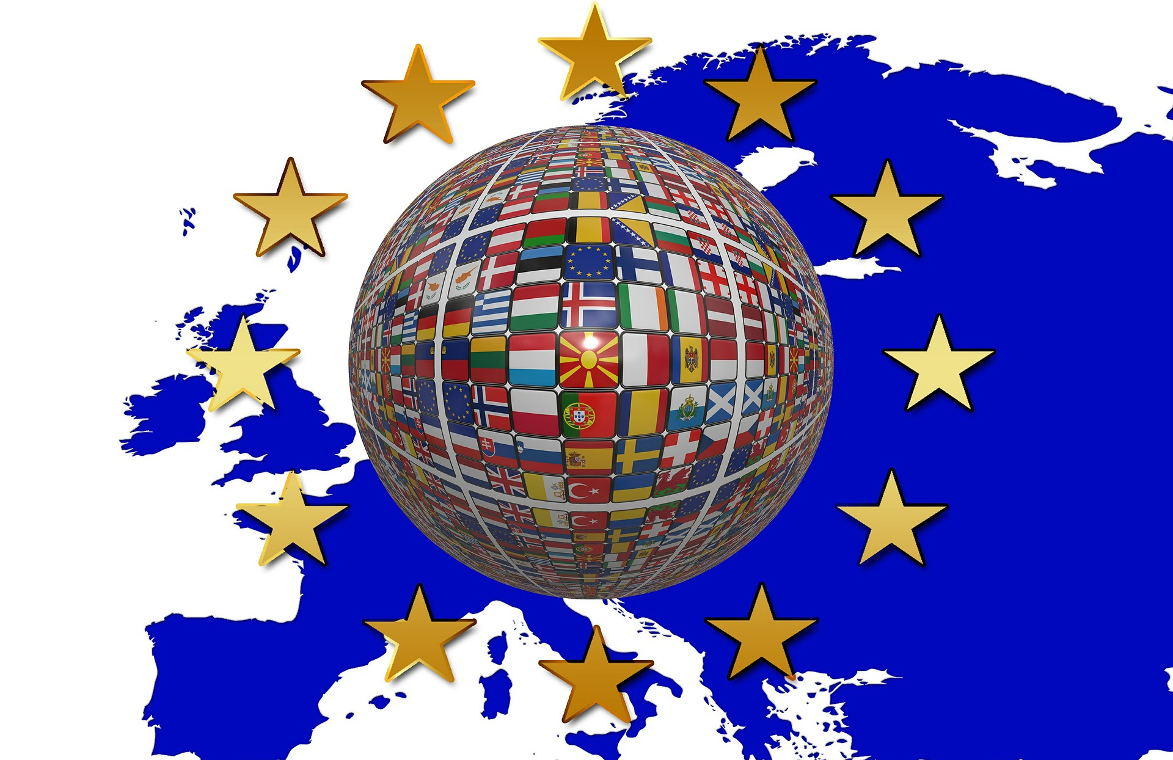By Dirk C. Fleck.
Never before in the history of the Federal Republic of Germany have the media acrobats been so perplexed under the circus dome as they are today. Should one be happy about it or should one be concerned? Probably both. We can be glad that a disastrous business model is obviously coming to an end. Anyone who believes that the media business is first and foremost a business and that a publishing house should not be managed any differently from a screw factory, even if it is used to turn the screws of our society, has honestly deserved the current drop in sales.
The economization of our profession by many publishing house managers who measured themselves solely in terms of returns was the beginning of an undesirable development that has degraded journalism to a consumer good. It is just stupid that the clients of the Circus Maximus, which were raised using the cheapest form of entertainment, are now in dire financial difficulties, which is preventing the advertising industry from investing in advertising in the usual way. The print media are primarily affected. Even the numerous online offerings, which cannot provide a default guarantee with their low revenues, are of no help to the newspapers. A large part of the advertising cake is now being siphoned off by players from outside the industry such as search engines, social media and telecommunications companies.
Please note that we are talking exclusively about the crisis of information journalism, about the fourth power in the state. And that is where you really have to worry. After all, the business models that bind services and merchandising to journalistic platforms have a highly unpleasant side effect: the erosion of editorial independence. This is a great good in democracy, the collapse being driven by the media themselves. For example, by dismantling networks of correspondents and departments, by creating so-called central editorial offices for various newspapers, by becoming servile to market research and, last but not least, by providing “targeted” training for the next generation of journalists.
Harald Schumann of the Tagesspiegel puts it in a nutshell:
(translation)
“In order to do justice to the real danger situation in which we find ourselves as journalists, we would need a form of inner independence that most colleagues do not have. There is no need to rely on the next generation. Access to the profession of journalism has become so difficult that young people entering the profession have had an orgy of adjustment before they are allowed to sign a firm contract for the first time”.
Journalism is no longer seen as a cultural achievement to which we are entitled, says Klaus Liedtke, former editor-in-chief of the Stern and National Geographic:
(translation)
“People have a right to information enshrined in the German constitution, and the media have a duty to provide this information. Who else shall do it?”
The Swiss media scientist Kurt Imhof considers this claim to be an illusion:
(translation)
“With the commercialization of the media, the quality demands of professional journalism can be less and less fulfilled, and thus the necessary performance functions of the political public cannot be provided – so we are becoming domestically dumber in the process of globalization”. He sees one main reason for this: information journalism has not grown up to the transnationalization of politics, i.e. there is no European public sphere, but powerful transnational political institutions without a public presence. And we have to accept this step backwards at a time that needs nothing more urgently than a functioning free press that feels committed to serious enlightenment.
The capitalist economic and financial system is facing its own collapse. In order to bring the masses under control before they stand up, the masterminds in politics and business have, with the help of the media, staged a global threat: the coronavirus. An enormous propagandistic outpouring of fear is currently paralyzing all resistance. Whether this will continue to work for a long time, however, is doubtful, as the demonstration in Berlin on August 1 suggests. While hundreds of thousands of people there peacefully rebelled against the restrictions imposed on them, the so-called “quality media” switched to lying in their reporting, reducing the number of participants in unison to 20,000 and practicing in lockstep in a gigantic campaign of defamation of normal citizens. Here it became clear how far the media have now distanced themselves from their readers. The drastic drop in the number of displays is also proof of this.
Another, much worse indication of the dreamy journalism of our days is the way the mainstream media is dealing with the man-made ecological catastrophe that will dramatically change our living conditions. Climate change is only one aspect, but it alone will have an enormous impact on our political, economic, social and cultural life in the foreseeable future. The rapid sell-off of natural resources, which is being fuelled to an extreme degree by the growth frenzy in the former emerging economies of China, India and Brazil, is also a cause for great concern. Not to mention the “wars on terror” in which we have been drawn into and the criminal behaviour of a greed-driven international financial industry that is gradually eroding the values of civil society and threatening to take democracy out of our hands.
A large part of the established media, however, seems to be indifferent to this. But as long as they see themselves as part of the entertainment industry and not as an enlightening instrument, their influence on society is corrosive and disintegrating. When ZEIT editor-in-chief Giovanni di Lorenzo, for example, says that terms such as climate change or sustainability even seem to regularly scare off ZEIT readers, this is a pathetic testimony to the media. You yourself have created such a disinterested audience. “Why is it that some of the most important questions of mankind are met with such little interest?” di Lorenzo showing his helplessness.
There are several reasons for this. While politicians still see it as their declared goal to produce growth figures, the number of people who long for practicable solutions outside the collapsing system is growing by leaps and bounds. Communication on the Internet provides sufficient information about this. In the meantime, an alternative media world has emerged there that is becoming increasingly powerful and is far more trusted than the thick ships of the big publishing houses. It is astonishing how inadequately this atmosphere of new beginnings is captured by the classic media. “The real changes in society often take place beyond what we do in print or, for my sake, online,” admits Michael Jürges, author and former editor-in-chief of Stern:
(translation)
“These are all movements that have not been brought about by us: Occupy, Attac, Anonymous, Wiki-Leaks. These people are no longer interested in what the classic media are doing”. Probably true. The political demarcation line has long since ceased to run between left and right, nor between up and down, it now runs between hostile to the future and sustainable. The media have to ask themselves whether it is possible to re-evaluate the agitation and excitement of our time. Or whether their hands are eternally tied in the merciless profit and loss account of our days. But however you think about it, they remain wishful thinking:
(translation)
“Media are only instruments for social change when society is already in a state of upheaval. Anyone who wants to reverse this order is clinging to a naive pipe dream,” Harald Schumann states soberly.
What Hans-Ulrich Jörges (Stern editor-in-chief) says is even more disillusioning:
“When we talk about changed media, we must first of all realize that politics’ inability to explain the world and itself has never been as pronounced as it is today. This task now rests solely with the media. And they are brutally overwhelmed by it”.
Well then, dear reader, form your opinion! Best on the Internet, where the information can still be verified.
+++
Thanks to the author for the right to publish.
+++
Image source: ra2 studio / shutterstock
+++
KenFM strives for a broad spectrum of opinions. Opinion articles and guest contributions do not have to reflect the views of the editorial staff.
+++
KenFM now also available as a free app for Android and iOS devices! Via our homepage you can visit the stores of Apple and Google. Here is the link: https://kenfm.de/kenfm-app/
+++
Support us with a subscription: https://www.patreon.com/KenFMde
+++
You like our program? Information about further support possibilities here: https://kenfm.de/support/kenfm-unterstuetzen/
+++
Now you can also support us with Bitcoins.

BitCoin address: 18FpEnH1Dh83GXXGpRNqSoW5TL1z1PZgZK










Kommentare (0)